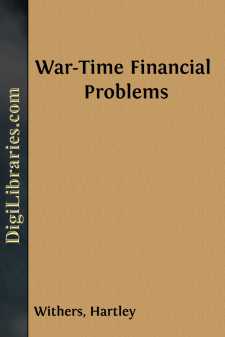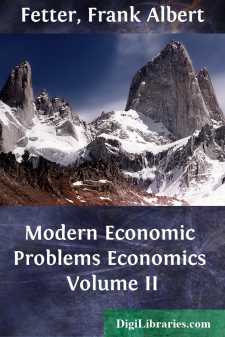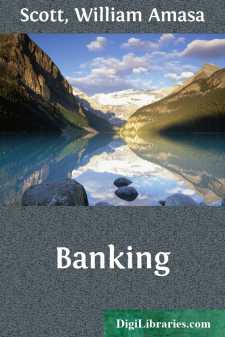Categories
- Antiques & Collectibles 13
- Architecture 36
- Art 48
- Bibles 22
- Biography & Autobiography 813
- Body, Mind & Spirit 142
- Business & Economics 28
- Children's Books 17
- Children's Fiction 14
- Computers 4
- Cooking 94
- Crafts & Hobbies 4
- Drama 346
- Education 46
- Family & Relationships 57
- Fiction 11829
- Games 19
- Gardening 17
- Health & Fitness 34
- History 1377
- House & Home 1
- Humor 147
- Juvenile Fiction 1873
- Juvenile Nonfiction 202
- Language Arts & Disciplines 88
- Law 16
- Literary Collections 686
- Literary Criticism 179
- Mathematics 13
- Medical 41
- Music 40
- Nature 179
- Non-Classifiable 1768
- Performing Arts 7
- Periodicals 1453
- Philosophy 64
- Photography 2
- Poetry 896
- Political Science 203
- Psychology 42
- Reference 154
- Religion 513
- Science 126
- Self-Help 84
- Social Science 81
- Sports & Recreation 34
- Study Aids 3
- Technology & Engineering 59
- Transportation 23
- Travel 463
- True Crime 29
International Finance
by: Hartley Withers
Description:
Excerpt
CHAPTER I
Finance, in the sense in which it will be used in this book, means the machinery of money dealing. That is, the machinery by which money which you and I save is put together and lent out to people who want to borrow it. Finance becomes international when our money is lent to borrowers in other countries, or when people in England, who want to start an enterprise, get some or all of the money that they need, in order to do so, from lenders oversea. The biggest borrowers of money, in most countries, are the Governments, and so international finance is largely concerned with lending by the citizens of one country to the Governments of others, for the purpose of developing their wealth, building railways and harbours or otherwise increasing their power to produce.
Money thus saved and lent is capital. So finance is the machinery that handles capital, collects it from those who save it and lends it to those who want to use it and will pay a price for the loan of it. This price is called the rate of interest, or profit. The borrower offers this price because he hopes to be able, after paying it, to benefit himself out of what he is going to make or grow or get with its help, or if it is a Government because it hopes to improve the country's wealth by its use. Sometimes borrowers want money because they have been spending more than they have been getting, and try to tide over a difficulty by paying one set of creditors with the help of another, instead of cutting down their spending. This path, if followed far enough, leads to bankruptcy for the borrower and loss to the lender.
If no price were offered for capital, we should none of us save, or if we saved we should not risk our money by lending it, but hide it in a hole, or lock it up in a strong room, and so there could be no new industry.
Since capital thus seems to be the subject-matter of finance and it is the object of this book to make plain what finance does, and how, it will be better to begin with clear understanding of the function of capital. All the more because capital is nowadays the object of a good deal of abuse, which it only deserves when it is misused. When it is misused, let us abuse it as heartily as we like, and take any possible measures to punish it. But let us recognize that capital, when well and fairly used, is far from being a sinister and suspicious weapon in the hands of those who have somehow managed to seize it; but is in fact so necessary to all kinds of industry, that those who have amassed it, and placed it at the disposal of industry render a service to society without which society could not be kept alive.
For capital, as has been said, is money saved and lent to, or employed in, industry. By being lent to, or employed in, industry it earns its rate of interest or profit. There are nowadays many wise and earnest people who think that this interest or profit taken by capital is not earned at all but is wrung out of the workers by a process of extortion....













